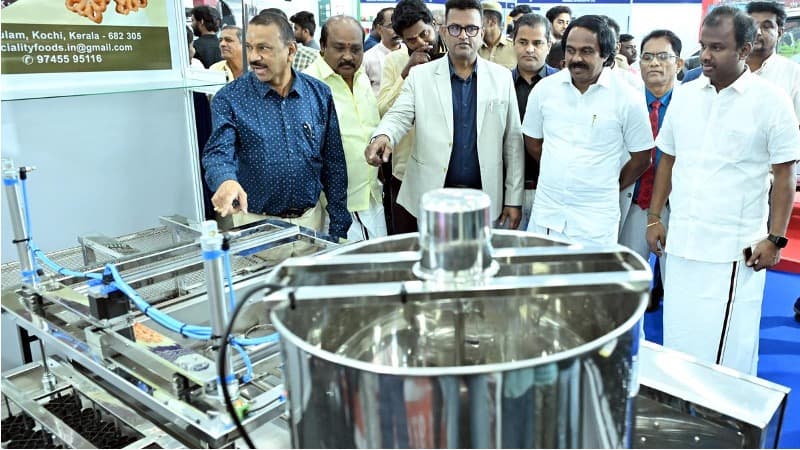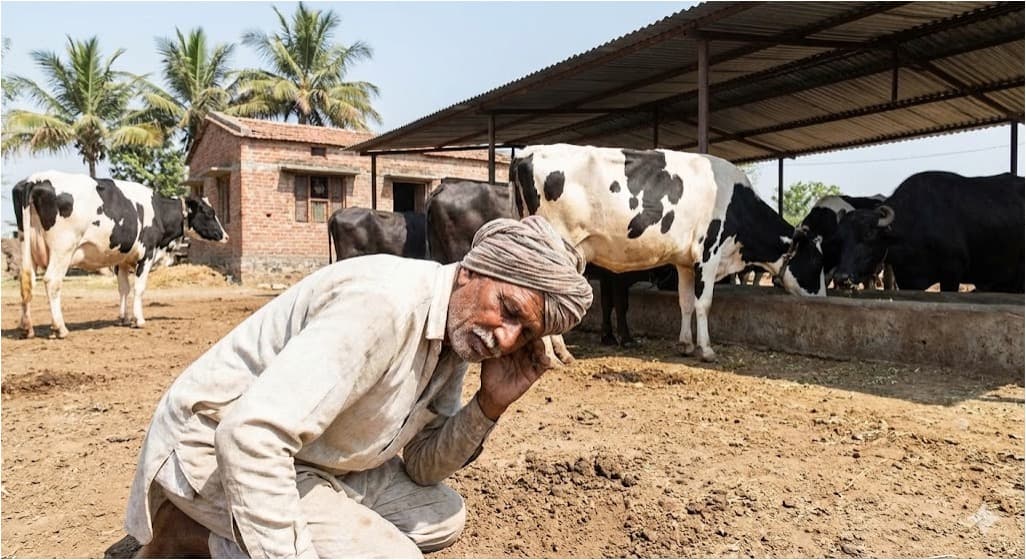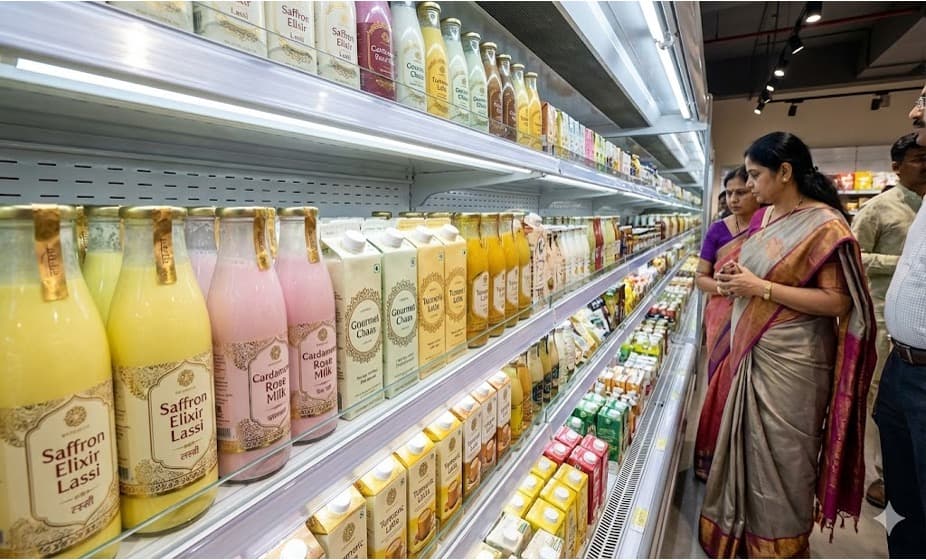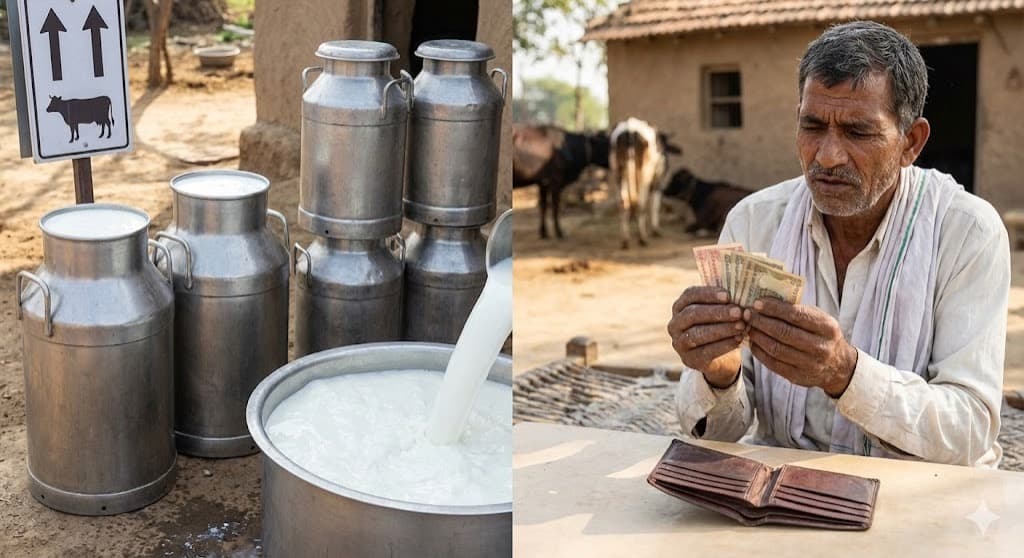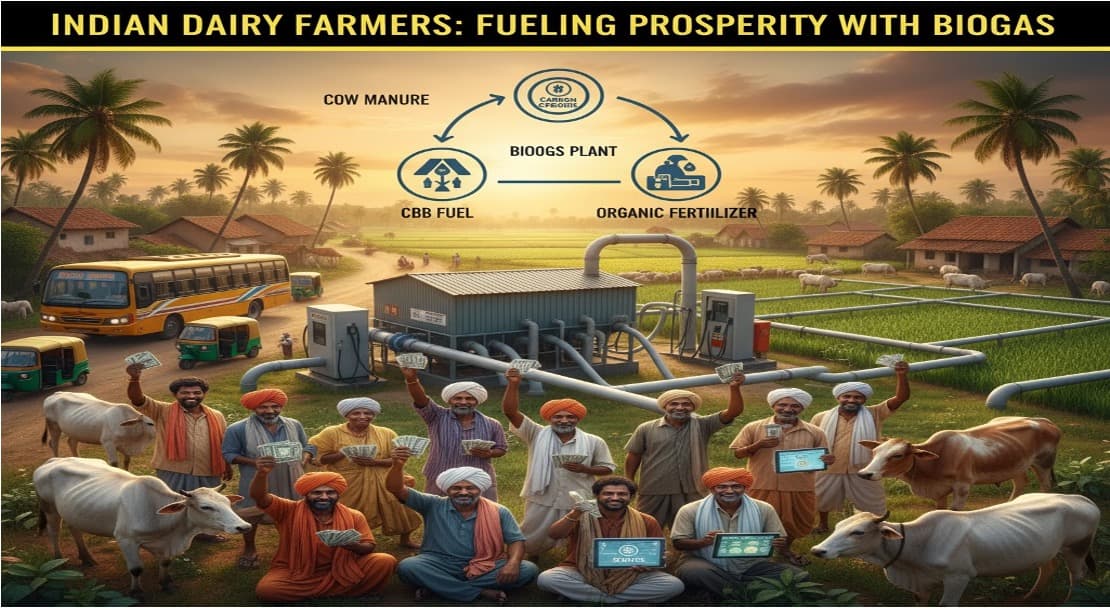Veganism in India – Would it impact dairy consumption ?
An article by : Neharika Sharma
India is the world’s largest producer of milk. It is a notable global player in milk production, contributing 22 per cent of the total. Regardless of COVID-19 outbreak, the milk production in India increased by six per cent in 2020. Having said that, let us discuss a new growing trend in India – Veganism.
India is the world’s largest producer of milk. It is a notable global player in milk production, contributing 22 per cent of the total. Regardless of COVID-19 outbreak, the milk production in India increased by six per cent in 2020. Having said that, let us discuss a new growing trend in India – Veganism.
What is Veganism?
Veganism is the practice of eliminating the use of animal products, particularly from the diet. A Vegan is a person who practices this philosophy . However, most people confuse Vegan to the Vegetarian way of eating. A Vegan would abstain from eating dairy products, eggs, meat, etc, but a Vegetarian may consume dairy products, including milk, curd, ghee and butter. This dietary and lifestyle choice aims to control and prevent ‘cruelty’ inflicted on animals.India’s shift towards Veganism
India has long been touted as the vegetarian capital of the world. And now, like the rest of the world, it is waking to the physical, ethical and economic benefits of plant-based, meat-and-dairy-free food. For several decades, India has been the dairy-loving country. Milk is an important and irreplaceable component of almost all Indian households. But the picture is changing now and veganism is increasingly being embraced.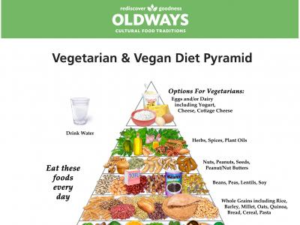
Social media has a profound impact on all the social and political issues. How can Veganism go untouched? Social Media has played an undeniable role in portraying ‘cruelty’ inflicted on animals in the dairy and meat industries. This has been one of the strong reasons behind the quick uptake of the vegan cause.
Celebrity endorsements
Several celebrities admitted giving up on dairy products. Vegan influencers began to see the light of the day and garnered huge engagement on social media platforms. Thus, giving rise to an all new campaign and drifting the internet-savvy young generation to this new ethical and sustainable lifestyle. The overall impact of this was an adequate increase in number of Vegans in India.To meet the growing demands, several restaurants and food companies introduced robust vegan-friendly eatables. Websites popped up offering a wide range of vegan products. Major part of a typical Indian diet is plant-based. The odds that had to be substituted were ghee, butter, cheese, curd etc.
It is needless to say that this theory of lifestyle is not just behavioural, but also sustainable. Moreover, studies have shown that a well-balanced vegan diet can effortlessly provide all the nutrients.
